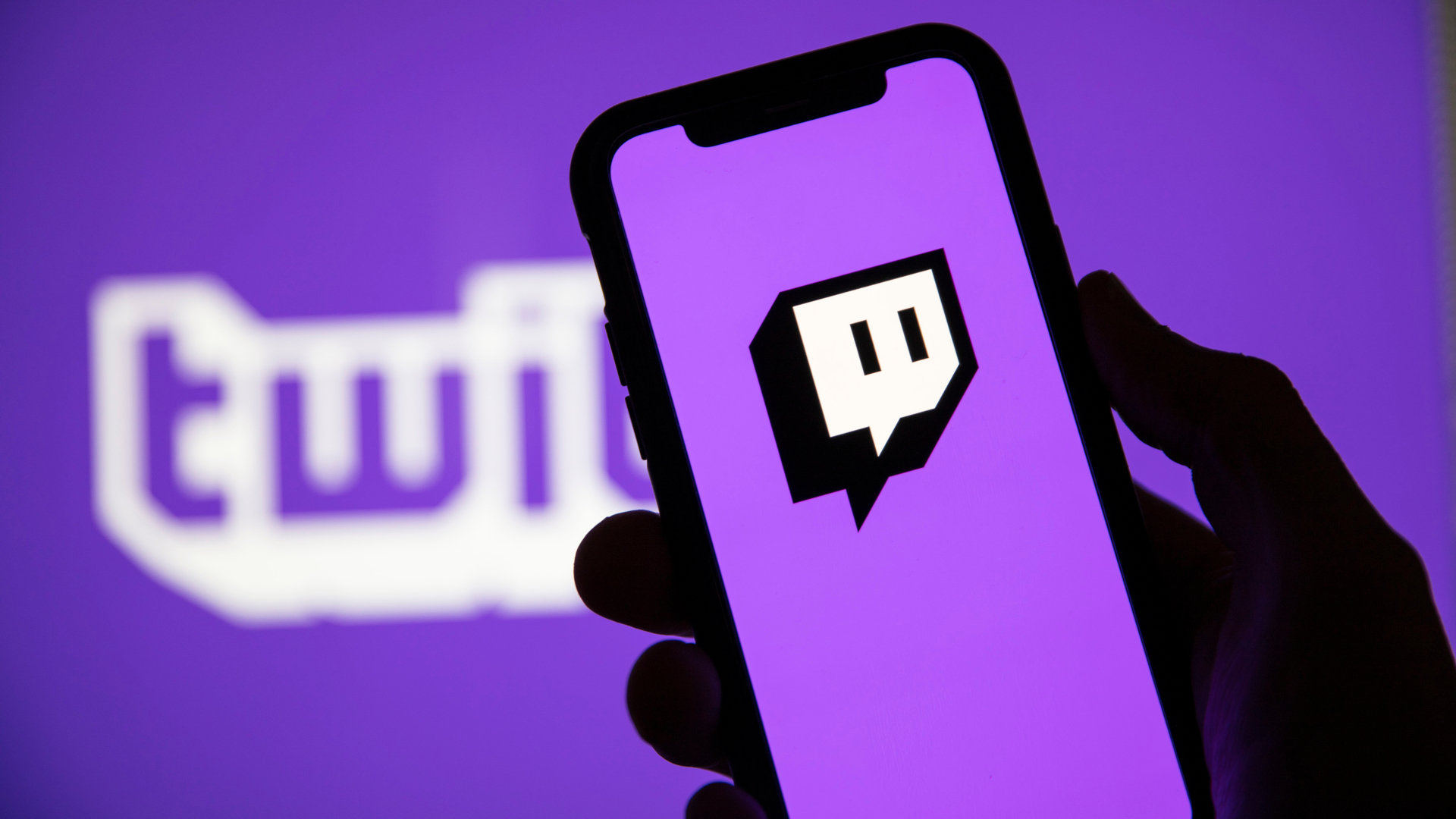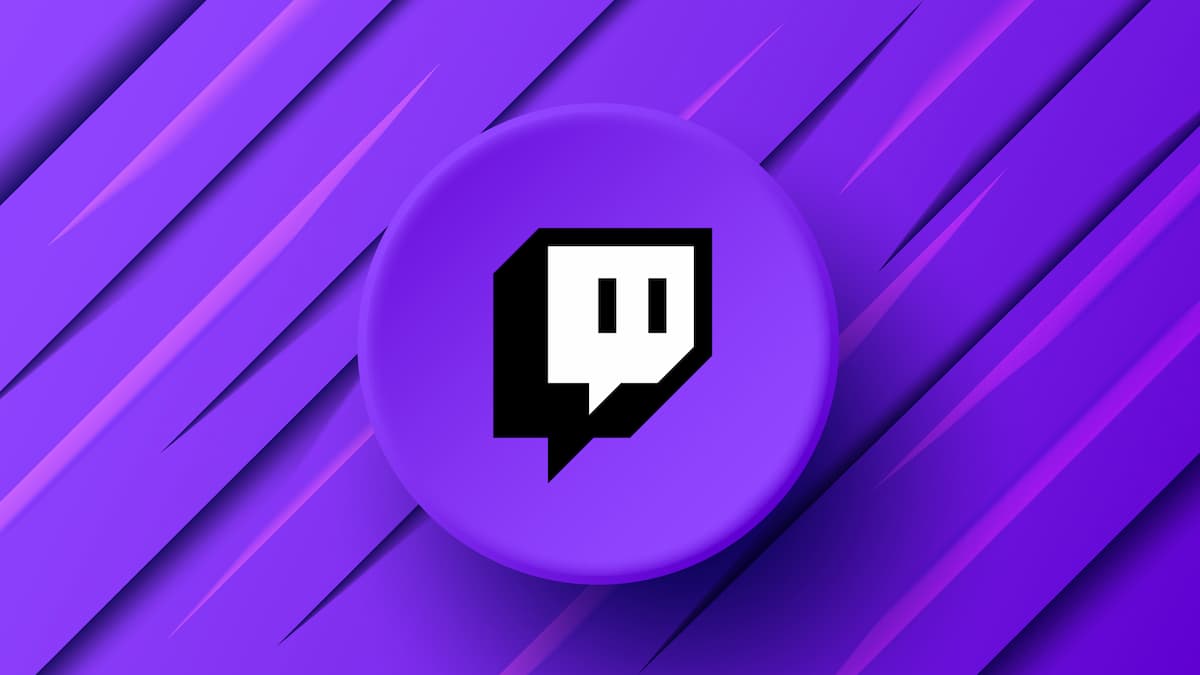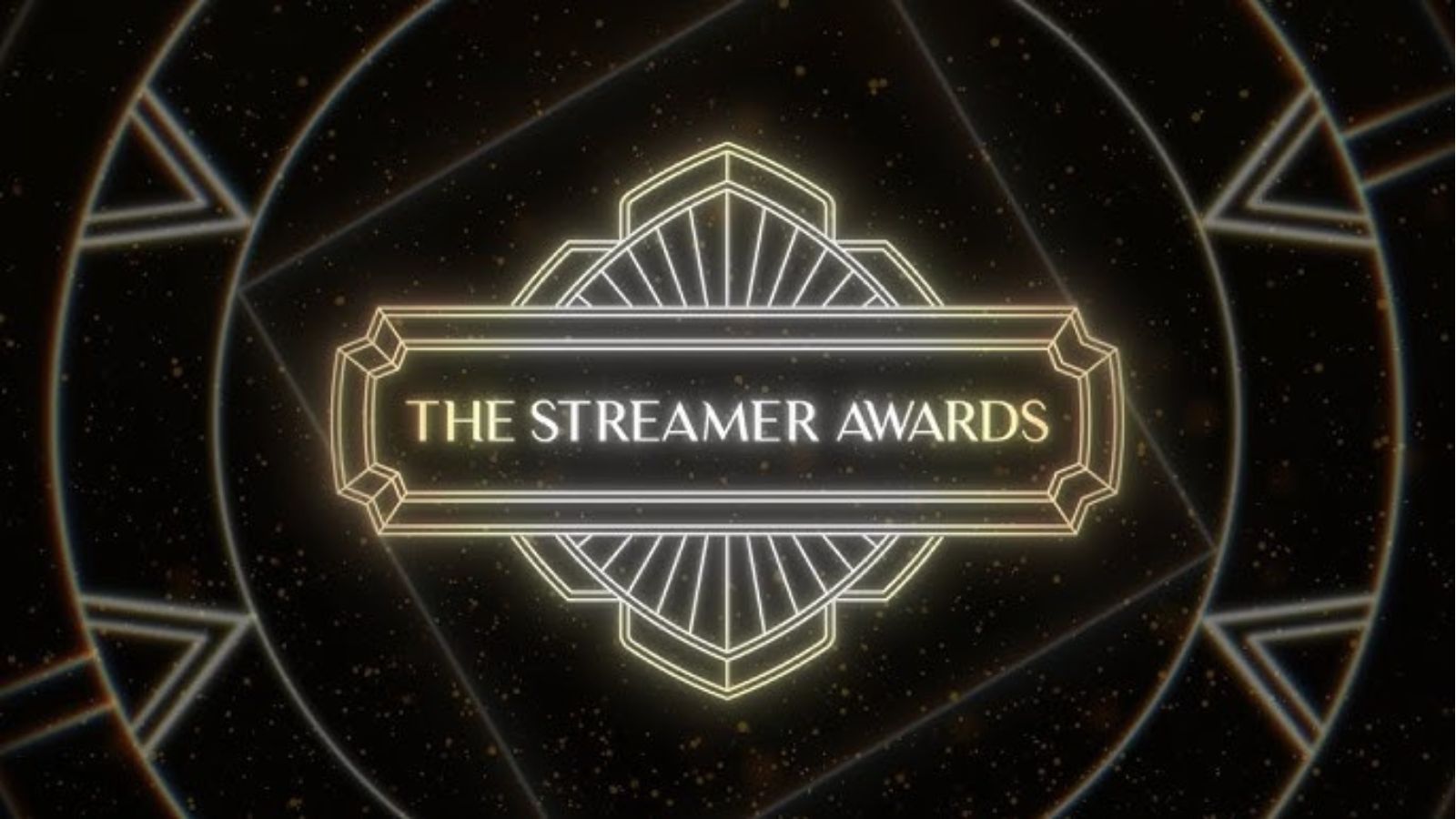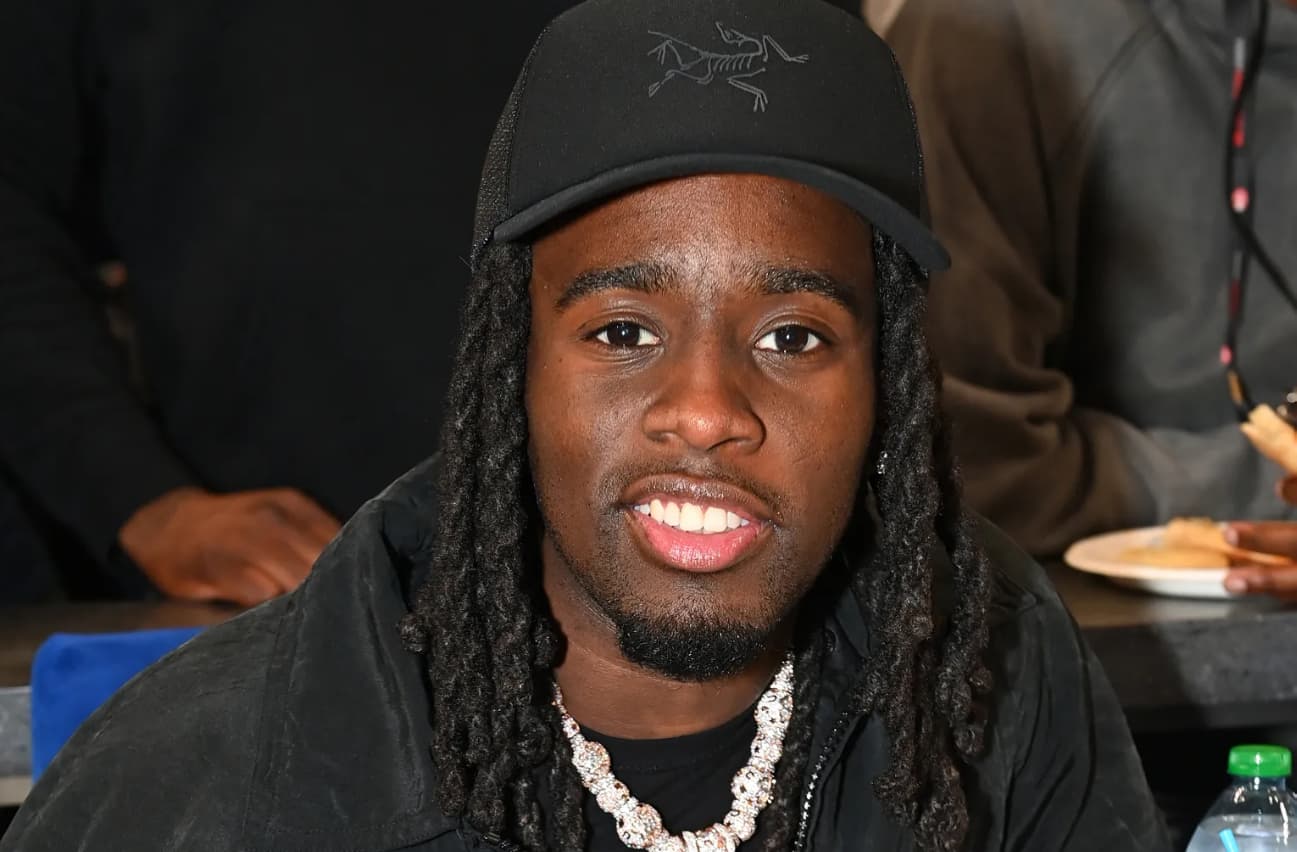Streaming platform startup Kick aims to be Twitch’s newest rival. The Amazon-owned platform has become the most established place over the years for people to stream games as competitors like Mixer shut down their operations.
Kick, however, made headlines last December after Trainwreck, one of the longtime popular content creators on Twitch announced he would begin working with Kick.
“Twitch has built an empire off of our backs and has the audacity to spit in all of our faces by not only giving us no financial security, with its inconsistent policies, but by also cutting our pay in places that they have no right to cut,” he said.
Based on the reasons Trainwreck gave for his growing disdain for the established platform, many were left wondering what are the differences between Twitch and Kick’s guidelines and Terms of Services (ToS). We read the policies of both platforms for you and will explain the differences in this article.
The main differences between Twitch and Kick
Revenue split
Twitch has a 50-50 subscription revenue share for most content creators. A small portion of streamers retains 70 percent of the subscription revenue but Twitch has said it couldn’t offer this deal to everyone on the platform.
Kick, on the other hand, gives a 95 percent split of all subscription income to creators, on top of 100 percent of the tips. The incredibly generous split has raised questions from numerous onlookers though. Former Twitch staffer DJWheat went so far as to refer to the platform as a “sham.” Other creators, like YouTuber Ludwig, have simply suggested the business model seems “a bit fishy.”
“I choose to work with Kick because their investors are willing to listen to creator input to make their platform better,” Trainwreck said. “Kick understands that a successful platform starts with a successful streamer. I’ve worked with their team already to create these benefits that no other platform has.”
Gambling
Twitch doesn’t allow users to share links or affiliate codes to sites where you can play slots, roulette, or dice games and has prohibited anyone from streaming these gambling sites that aren’t licensed either in the U.S. or other jurisdictions that can provide enough consumer protection. There are four famous gambling sites currently banned on Twitch: stake.com, rollbit.com, duelbits.com, and roobet.com.
Twitch streamers can still broadcast online poker, sports betting, and fantasy sports.
Kick has a similar policy. “Gambling on Kick with other users is strictly prohibited,” Kick’s community guidelines read. “This includes any form of ‘buy in’ from users using Kicks as well as sweepstakes and lotteries.”
The streamers on Kick may stream games like online poker and online blackjack, depending on the laws and regulations of their country. Kick’s looser restrictions have led to people like Trainwreck streaming gambling content on the platform.
General restrictions
Both streaming platforms endorse free speech and prohibit hateful conduct. The experience of Adin Ross on the platform has, however, suggested the platform is lacking in moderation.
“Twitch does not permit behavior that is motivated by hatred, prejudice or intolerance, including behavior that promotes or encourages discrimination, denigration, harassment, or violence based on the following protected characteristics: race, ethnicity, color, caste, national origin, immigration status, religion, sex, gender, gender identity, sexual orientation, disability, serious medical condition, and veteran status,” Twitch’s community guidelines reads. There are several examples of what can get you banned in the guidelines.
Trainwreck has said that Kick will have a much clearer ToS than Twitch and won’t have “ambiguous bans.” The platform, however, has a significantly shorter set of terms and guidelines that aren’t nearly as spelled out. Meanwhile, policing of the platform’s ToS has been brought into question after Adin Ross streamed the Super Bowl despite lacking license to do so and made a show of pulling up PornHub while streaming on the platform.
Kick prohibits activities, livestreams, videos, and comments that are “harmful, deceptive, offensive, or illegal,” content that encourages such behaviors, and hate speech that attacks a person or group on basis of “race, ethnicity, national origin, religion, medical or mental condition, disability, age, sexual orientation, gender, or gender identity.”
Kick’s guidelines also explicitly prohibit content that can cause or promote emotional distress, involve threats or harassment, impersonation of people or organizations, doxxing, defamation, content that can encourage violent conduct, “persistently share harmful misinformation,” and content that contains nudity, or is pornographic, or that depicts sexual activity.
Twitch also prohibits sexually explicit content, sexually suggestive content, and nudity. Both platforms allow “hot tub streams,” though, which have been criticized as being sexually suggestive.
Advertising
Twitch has recommended several steps for streamers who wish to reproduce advertising during their livestreams, such as informing the audience before running an ad, running one ad per hour, and running multiple short ads instead of just one long one. Ads also must be “clear, accurate, and verifiable” to protect potential customers, Amazon says.
Kick is a new platform and still in beta, so it doesn’t have detailed guidelines for advertising like Twitch has. Trainwreck, however, said Kick will focus on the advertising aspect because it is “what drives” revenue.
“Kick will partner with the world’s leading advertisers to generate cash flow,” Trainwreck said.
Nearly three months after Trainwreck’s statement, the advertisement revenue doesn’t appear to have come to fruition yet, and there is no indication that it will any time soon.













Published: Feb 23, 2023 06:00 am